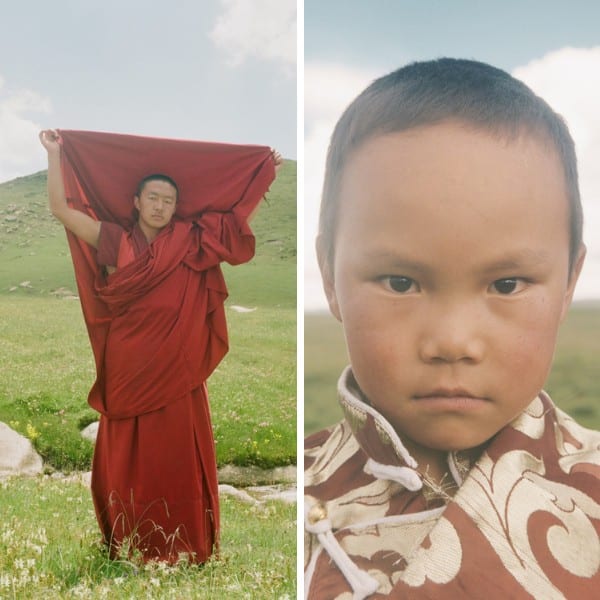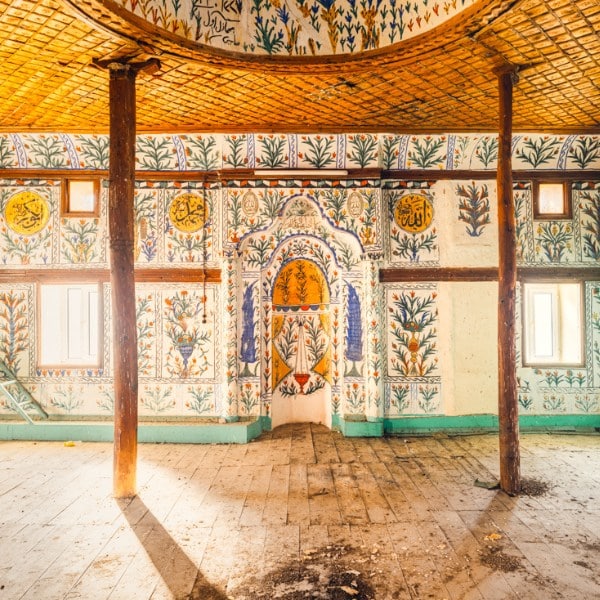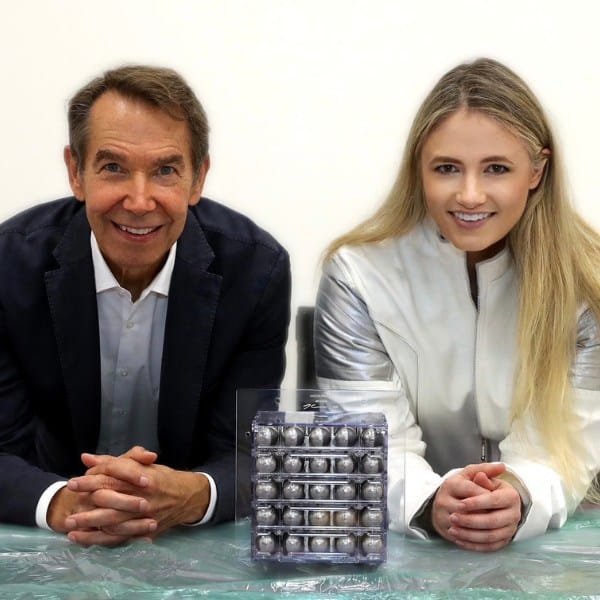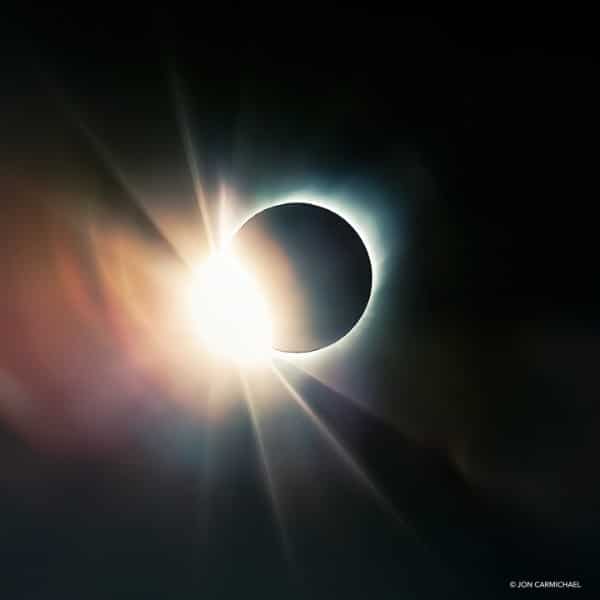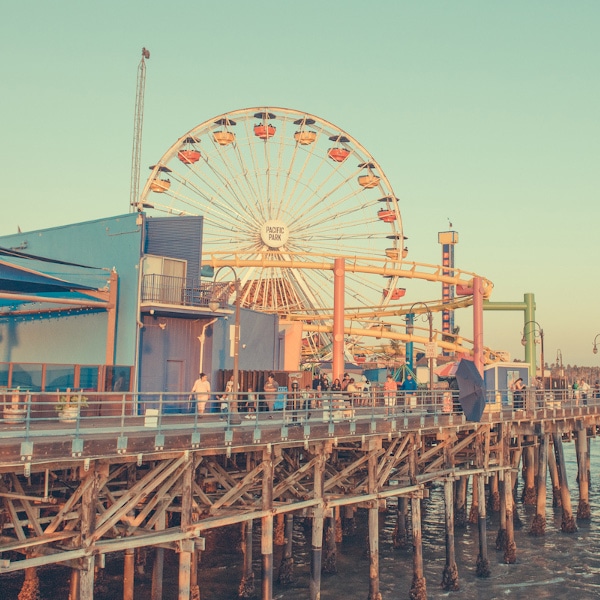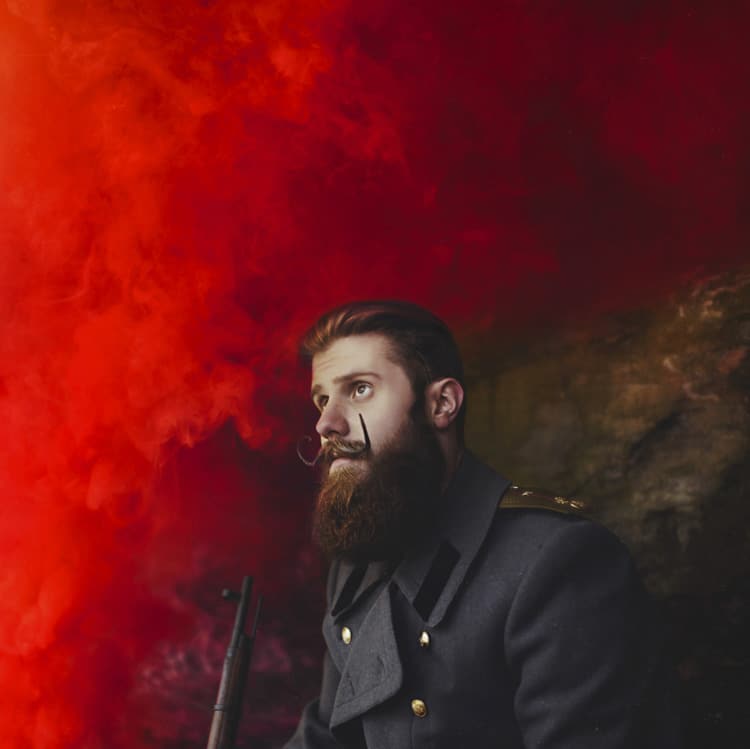
Photographer Cameron Bushong realized at a young age that he was color blind. While it was often a hindrance for him, the condition has made a big impact on how he pursues his passion for photography. Cameron has red/green color blindness, and it dulls the vividness of everyday life; it's as the world's saturation has been softened, with a slight green hue added to all that he sees. But despite these challenges, Cameron prefers to work in color for his portraits and landscapes. He has adapted by creating techniques to work for his style while capturing the beauty that life has to offer.
We were grateful for the opportunity to get a Behind The Lens look into Cameron's stunning photography.
Cameron Bushong is a color blind photographer whose world looks less saturated and slightly more green. Despite these challenges, he still works with color. Learn more about how he overcomes his color challenges in our exclusive interview.
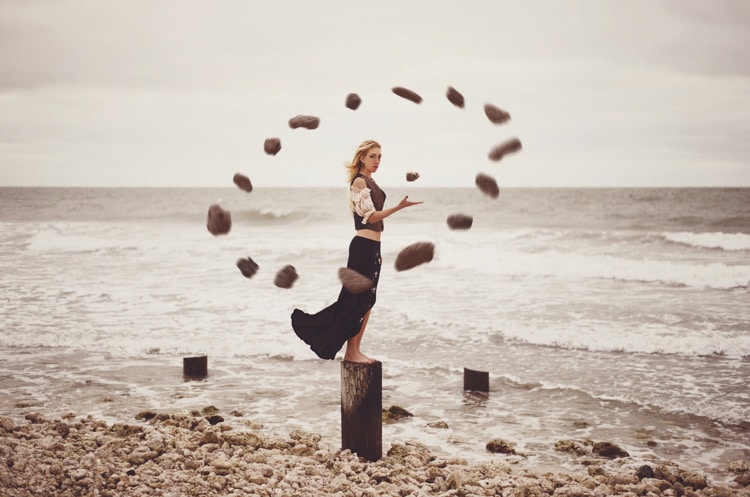
Can you tell us a bit about your journey into photography?
My journey into photography has been more of a life long hobby. I can remember as a little kid I would grab my moms 35mm camera and just shoot roll after roll. I think she got tired of getting my shots developed because for my next birthday they got me a Polaroid; from there I was hooked for life. Since then, it's been a whirlwind of countless point and shoot, film, and DSLR cameras. Although I’ve used quite a few different cameras, I’ve always told myself it's not about the equipment but completely about the feelings I have when I see light passing though the trees during a foggy morning walk or over the tip of a mountain at sunset. Capturing those moments and showing off the beauty of this world is just what I love to do and I won’t let the gear stop me.
What are some of your interests?
Interests beyond photography? I love cars, working on them, driving them, all of it! I also really love to workout, take hikes, listen to endless music, and of course stuff my face with pizza.
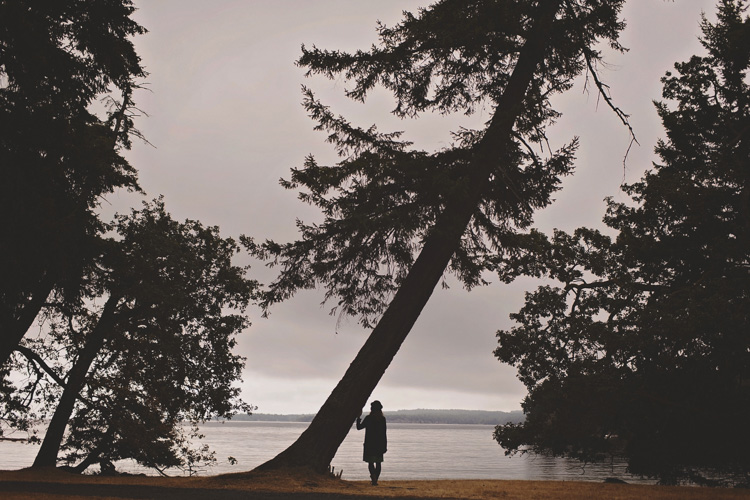

How has being red/green color blind effected your photography?
During my younger years it wasn’t a big issue considering photography was simply a passion. Later in high school and eventually college was when it began to become noticeable in editing and projects for class.
Do you have any tricks you use to edit color in your photos?
I usually edit initially in black and white since it's easier to compare tonally that way. Once the photo is the way I like, with a simple flip back to color and a short fine tweaking session with the selective color tool, I’ve got a photo that “should” look color correct. Although, I always have a second opinion from a friend or family member before finalizing. Ultimately I tend not to stray far from what I’ve always done when editing, in my personal opinion, less is more.
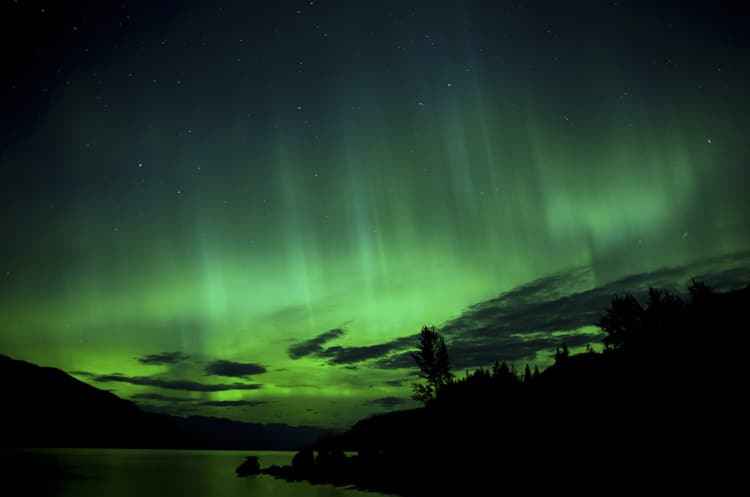
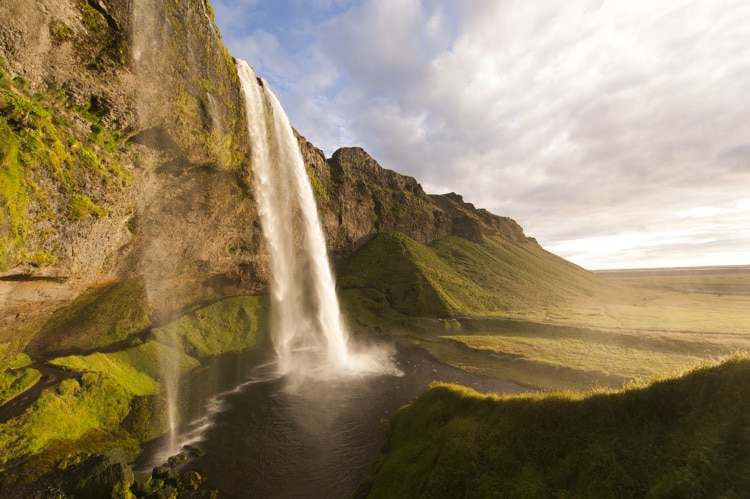
You recently received color correction glasses for your color blindness, has that changed the way you photograph?
I did actually get a pair of Enchroma glasses! Honestly probably the best things I’ve ever been given in my life. Using corrective lenses I’m able to see the world as it should be, and I’ve been missing a massive amount. I've yet to try them shooting since winter in Maine doesn’t offer much variety, but I have insanely high hopes for future shoots using them.
What has been the most challenging aspect of being a color blind photographer?
I'd say the most challenging aspect is the fact I'm unable to actually see some colors. My red and green photo pigments have more overlap than normal, causing my world to look surprisingly more green than I actually realized. A red barn does not look red to me but more brown; traffic lights, grass, even my skin color has a different look. While I’m able to fake my mind into mentally picturing what a red barn looks like, there isn’t a substitute for the real thing. Color blindness has a massive hindrance on white balancing, editing skin tones, and literally every other aspect of photography that has to do with color. Imagine looking at a gorgeous fiery sunset over the ocean, now put a faint green cast over everything and desaturate reds, oranges, pinks, purples, and magentas. You now are now looking at a fiery sunset as I see it…not very exciting is huh? Didn’t think so.
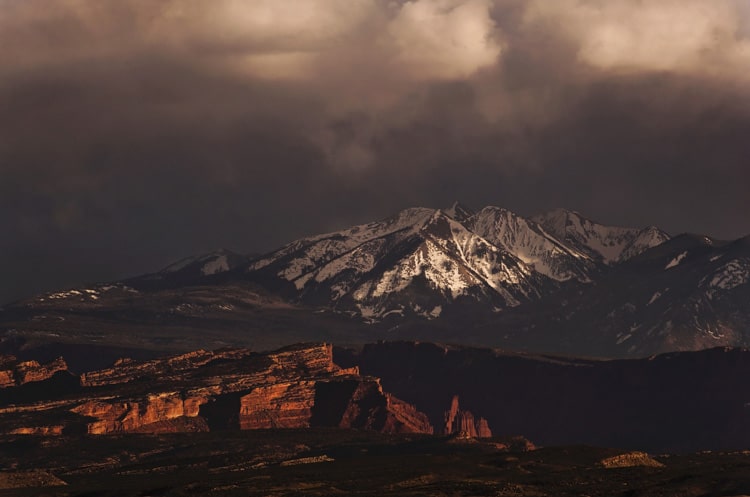
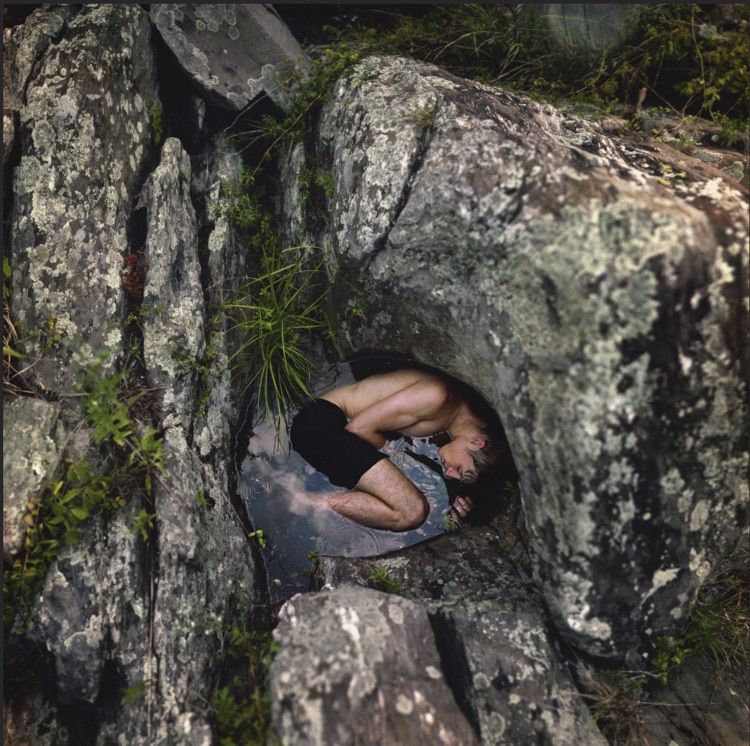
How much planning goes into a shoot?
These days I laugh when someone asks that. The most “planning” that goes into a shoot is actually taking my camera bag and remembering a memory card. I really enjoy not having a plan sometimes, adventure is often then best way into inspiration. Some of the most incredible things I’ve seen in my life were not planned and happened 100% because I took the road less traveled. So to recap, I plan to not have a plan when I take photos. While I may place much forethought into my photos and tend to shoot on a whim, in terms of readiness for a shoot, I’ve always got my gear bag ready to go at a moments notice.
How do you choose your models?
In terms of models, it's usually whoever is standing somewhere with a great background being flooded with awesome light. I've steered away from my conceptual past where I used myself as a model along with various others I’ve met through the years.
How do you light your photos? Do you use artificial or natural light?
Natural light is always my go to, mostly because its free and always there, except at night. I have a flash but it's been brought out maybe 5 instances. I use reflectors occasionally in difficult lighting situations if I’m shooting portraits, but for the most part the sun is my lighting companion.
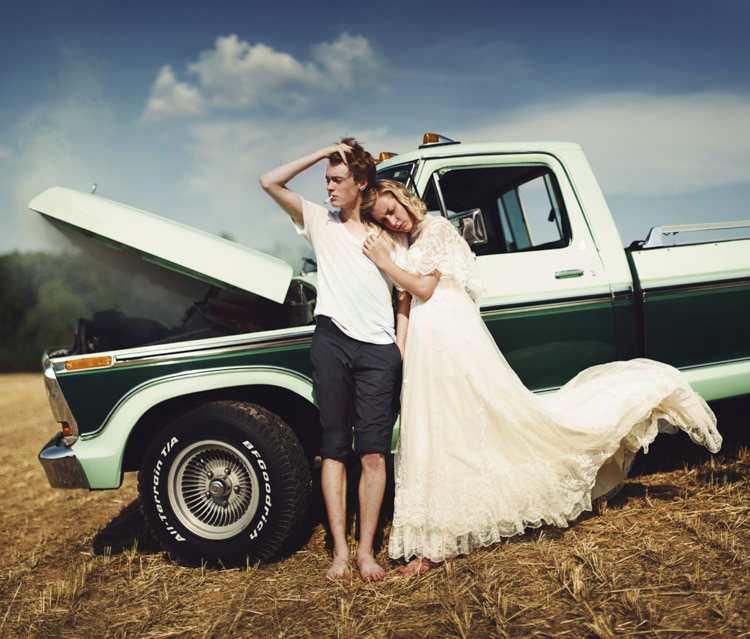
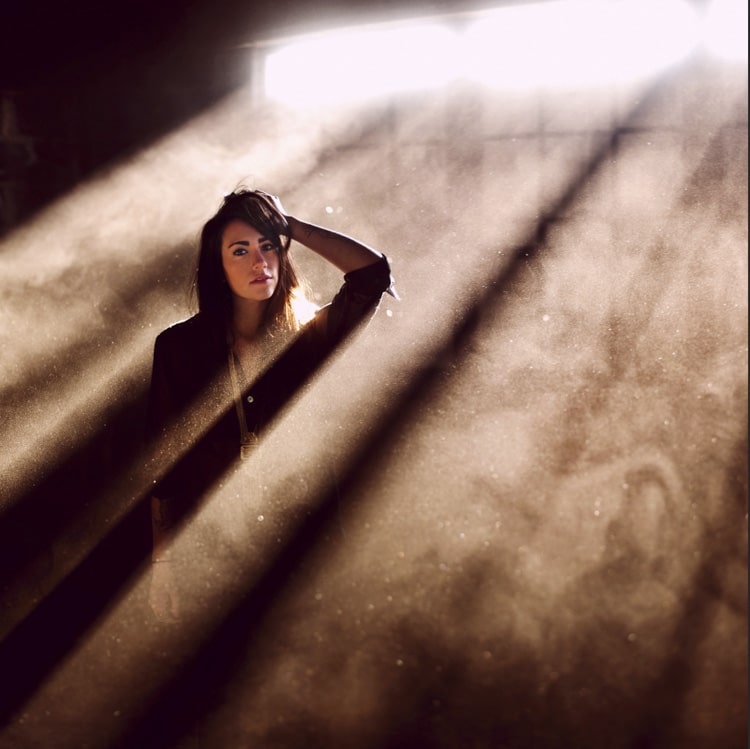
Do you have a favorite location?
Favorite location is anywhere with great light, so there's quite a few. I do enjoy mountains quite a bit, so anywhere with those as well.
How would you define your style?
Style-wise I tend to shoot fairly wide with my 35mm most of the time. Lately, I'm finding myself breaking out the 300mm zoom lens, allowing for a bit more depth and detail. If I were to define my shooting style, I'd say I'm very deliberate with what's in the frame and take my time. I strive for a very clean, crisp, and balanced photo technically and artistically. As with editing I’ve learned to take the same principle “less is more” and apply it to my actual shooting habits, saving disk space and editing time. By taking my time I’m able to achieve what I’m looking for in a few photos rather than hundreds. Also, pro tip – control your breathing while shooting at longer focal lengths, a controlled exhale will give you better stabilization while nabbing your shot.
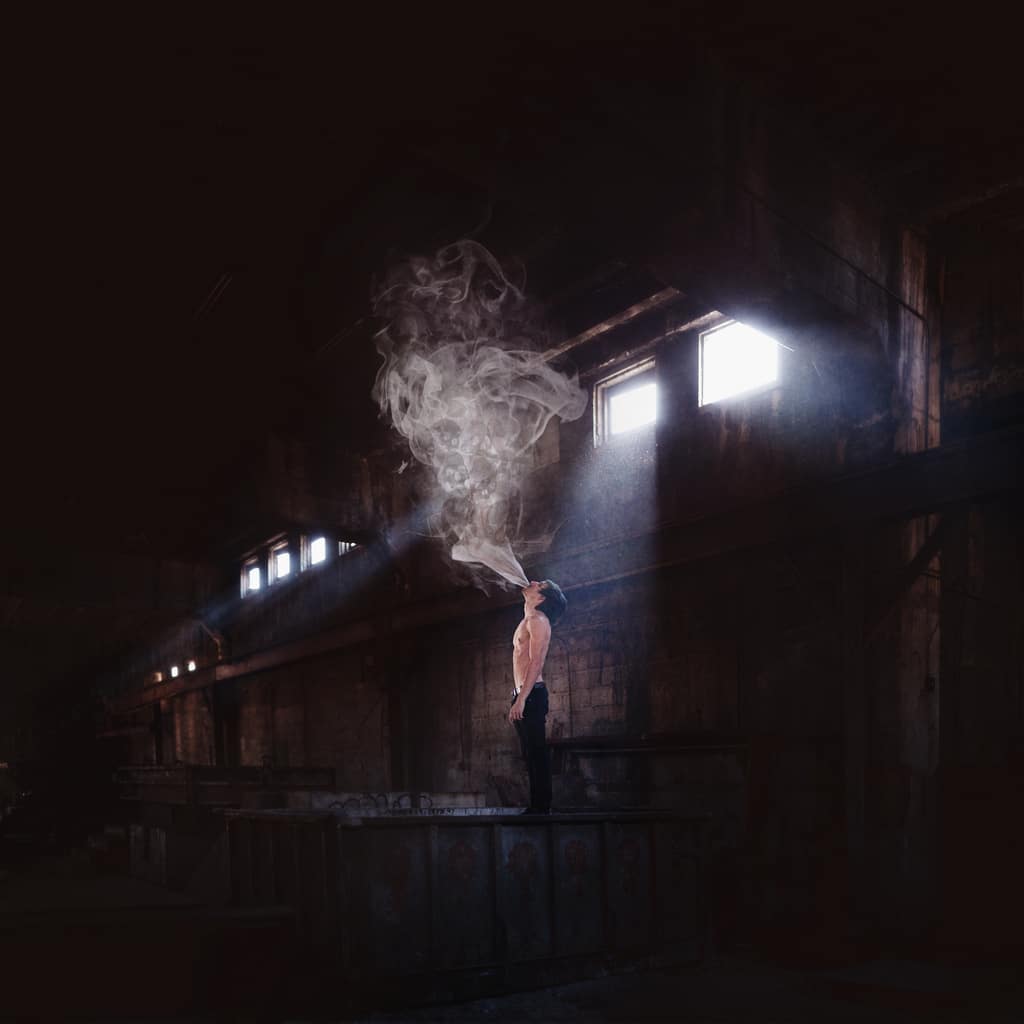
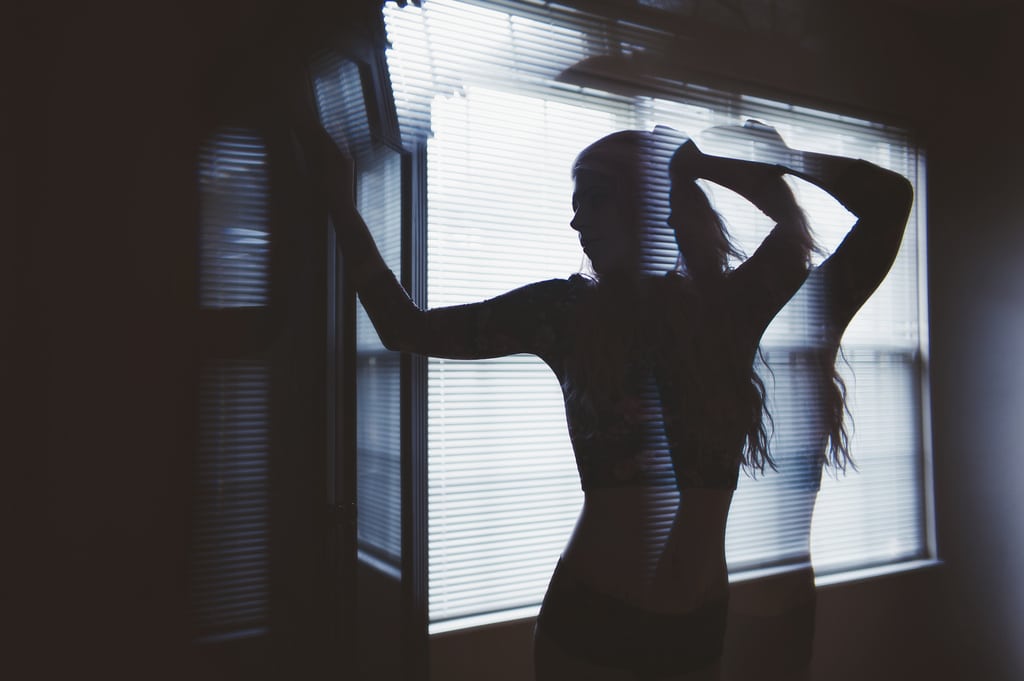
What challenges have you faced while creating?
The issue with only having photography as a hobby rather than using it as a main source of income, is that the real world and daily grind start to take over. After a couple months I recollect owning a camera and knowledge on how to use it; that normally sparks my fire to get out and shoot.
What's a must have in your gear bag?
Besides the obvious camera and lenses?! Honestly though a couple of “must haves” in my bag are food bars, water, a bluetooth speaker, and a sharp knife. Food and water are mostly because I get lost in shooting or lost in the woods and having food and water is always a good idea for keeping energy up. I leave a speaker in my bag because while shooting I find having background music is much less intimidating for clients. Rather than hearing constant shutter clicking, it creates a more relaxing and comfortable environment (based on the music) for clients not used to being in front of a camera. Lastly a knife. Never know when you may need one and it's incredibly useful and versatile in countless situations.
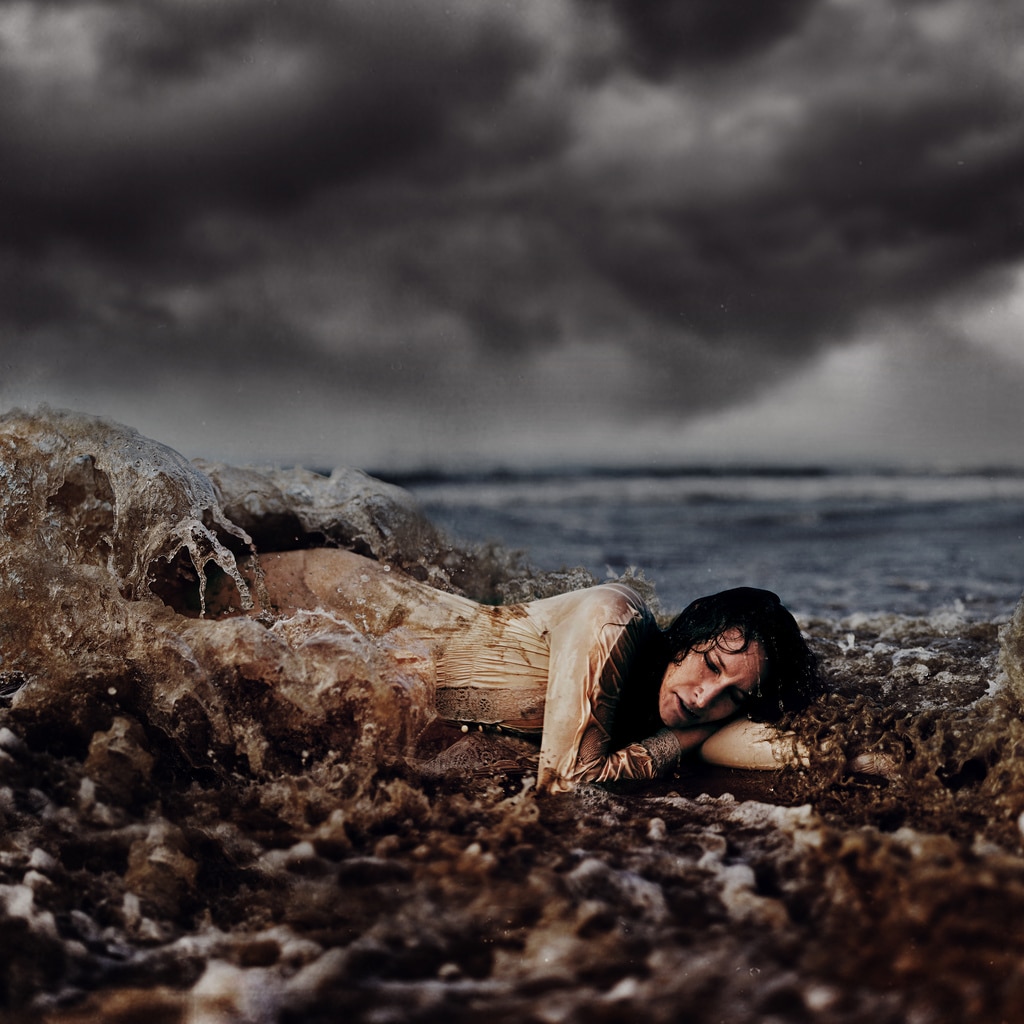
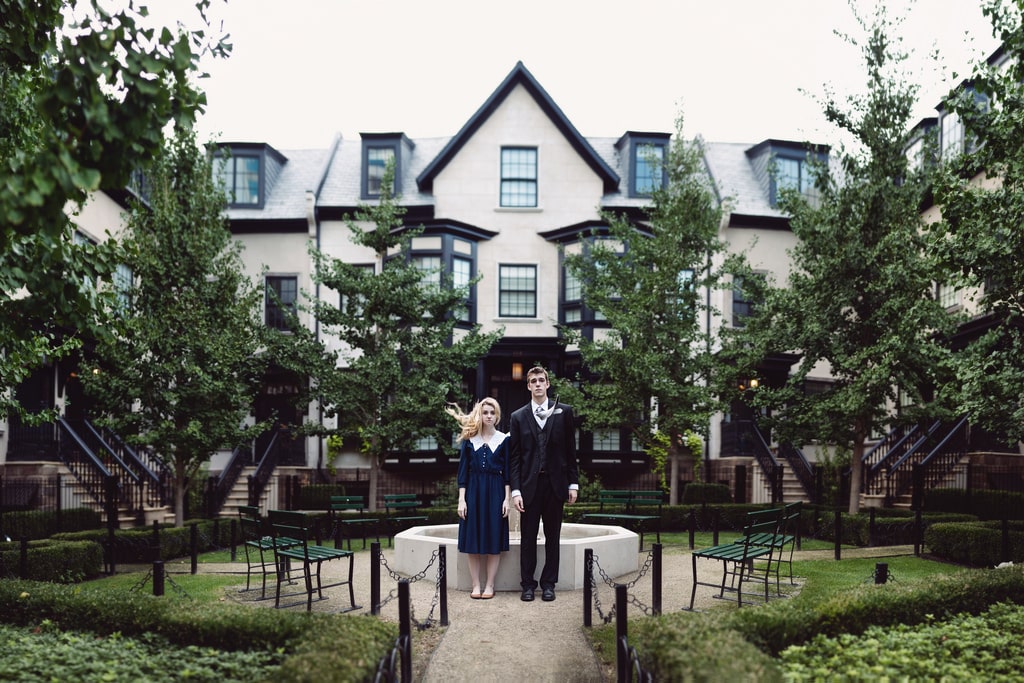
How much post processing goes into a completed photo?
In my younger years, I would spend hours on a photo, these days I like to keep it to a minimum of 15-20 minutes.
Do you have any advice for aspiring photographers?
Focus. Don’t worry about all those other photographers out there. Remember why you picked up a camera, the feelings you had, and the joy you got from capturing our world in your own way. Focus on you, your craft, and your emotions to create something beautiful through the lens.
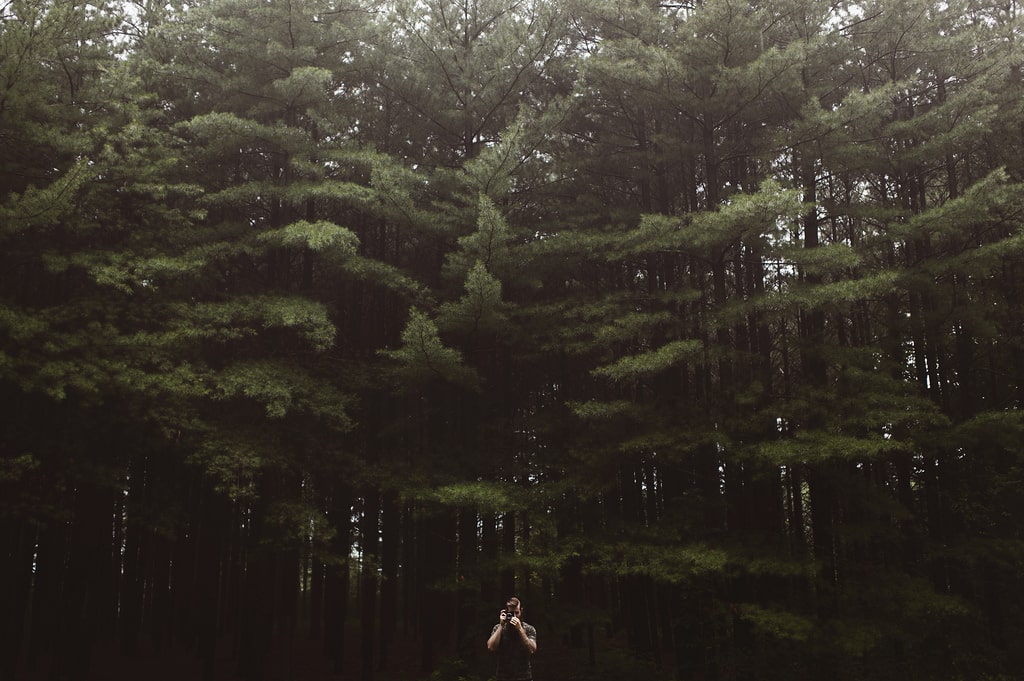
Cameron Bushong: Flickr
My Modern Met granted permission to use photos by Cameron Bushong.
Are you a photographer who would like to be interviewed for our Behind the Lens series? Submit through our contact page for consideration!
Related Articles:
Colorblind Coal Miner Captures Breathtaking Seascapes in Australia
Blind Artist Relies on Touch and Texture to Create Stunningly Vivid Paintings
Colorblind Photographer Captures Magical Lava Flows
Beautifully Endless Looping GIFs Created by a Legally Blind Artist














































































